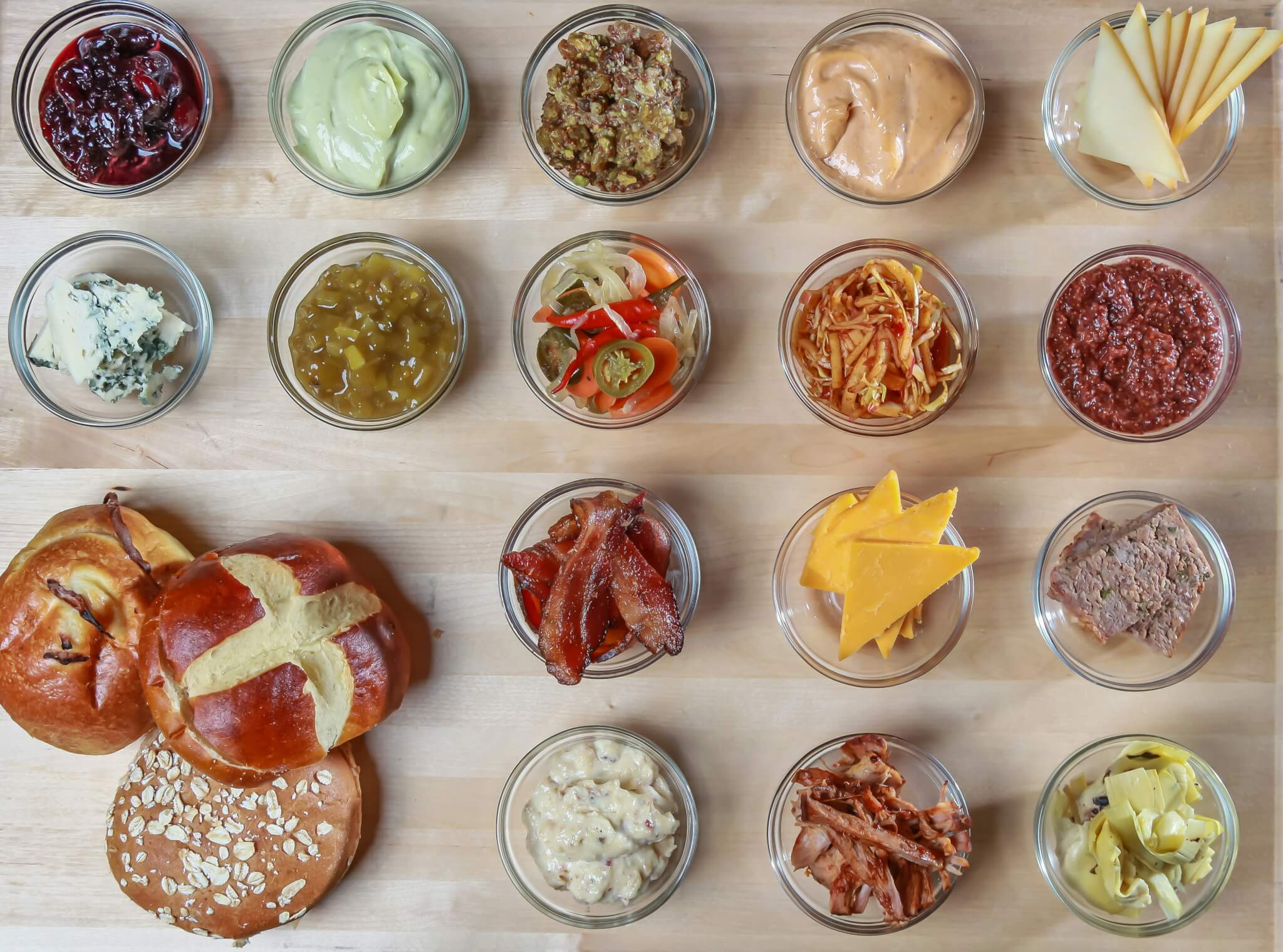Your metabolism changes with age, but in a surprising way

Most of us remember a time when we could eat whatever we wanted without gaining weight. But a new study, published in the journal Science, suggests that metabolism, the rate at which you burn calories, increases much earlier, and the inevitable decline begins later than you might think.
“As we age, there are a lot of physiological changes that occur in the phases of our lives, such as during puberty or menopause. We associate them with growth and aging, ”said study co-author Dr. Jennifer Rood, Executive Director at Pennington Biomedical Research Center.
In this new study, four Pennington Biomedical Research Center researchers were part of an international team of scientists who analyzed the average number of calories burned by more than 6,600 people, ranging in age from one week to 95 years, from 29 countries.
Most previous large-scale studies have measured the amount of energy the body uses for basic vital functions (breathing, digestion, and pumping blood). In other words, the calories you need just to stay alive. But the basic functions represent only 50 to 70% of the calories we burn every day, and this does not include the energy we spend doing anything else: washing dishes, walking the dog or even just mental effort or nervousness.
To come up with a number for total daily energy expenditure, the researchers used the “double-labeled water” method. It is a urine test that involves a person drinking water in which the hydrogen and oxygen in the water molecules have been replaced with “heavy” forms that occur naturally and then measure how quickly they are washed away.
Considered the gold standard for measuring daily energy consumption outside the laboratory, this technique has been used to measure human energy consumption since the 1980s, but previous studies have been limited in size and scope due to costs. To overcome this limitation, several laboratories shared their data in a single database to see if it could reveal hidden truths or only suggested in previous studies.
Sharing and analyzing energy expenditure over a lifetime revealed some surprises.
“Some people think that teenagers and 20-year-olds are the ones whose calorie-burning potential is at its peak,” said Dr. Peter Katzmarzyk. “But the study shows that infants had the highest metabolic rates of all ages.”

Energy needs increase in the first 12 months of life. In the first days of birth, babies burn calories 50% faster than their body size than adults. And that’s not just because babies are busy tripling their birth weight in their first year.
“Children grow up fast, which is a big part of the effect. However, their energy consumption tends to be higher than you would expect for their body size,” says Dr. Corby Martin. An infant’s explosive metabolism may explain why children who are malnourished during this stage of development are less likely to survive and become healthy adults.
“More research is needed to better understand children’s metabolism. We need to know what causes higher energy costs “, continues Martin.
After the initial growth of childhood, a person’s metabolism slows down by about 3% each year until the age of 20, when it stabilizes in a new normal.
Surprisingly, the increases in adolescence did not generate an increase in daily calorie needs after the researchers took into account body size. Another surprise? Human metabolism was most stable between the ages of 20 and 50, and the need for calories during pregnancy did not increase more than expected.
The findings suggest that other factors lie behind the so-called middle-age spread (fat that accumulates in the abdomen in middle age).
The data suggests that our metabolism does not begin to decline again until after the age of 60. The slowdown is gradual, only 0.7 percent per year. But a 90-year-old person needs 26% fewer calories every day than someone in middle age.
“According to research, losing muscle mass as we age may be partly to blame, because muscle burns more calories than fat. But it is not the only explanation. After 60 years, a person’s cells slow down their activity “, considers Dr. Eric Ravussin.
Aging goes hand in hand with so many other physiological changes that it has been difficult to analyze what causes changes in energy consumption. But new research supports the idea that, in addition to lifestyle changes and changes in body composition, there is something extra.
We also recommend you to try the trainings for beginners, intermediates or advanced, which you can find in the Dahna application, made by Diana Stejăreanu, personal trainer with over ten years of experience. And another extremely important factor with which we can control blood pressure is diet – the Dahna application created by Cardioscience keeps you in shape with recommendations from cardiologists and nutritionists! Download it for free from the AppStore or Google Play.
Source here.











